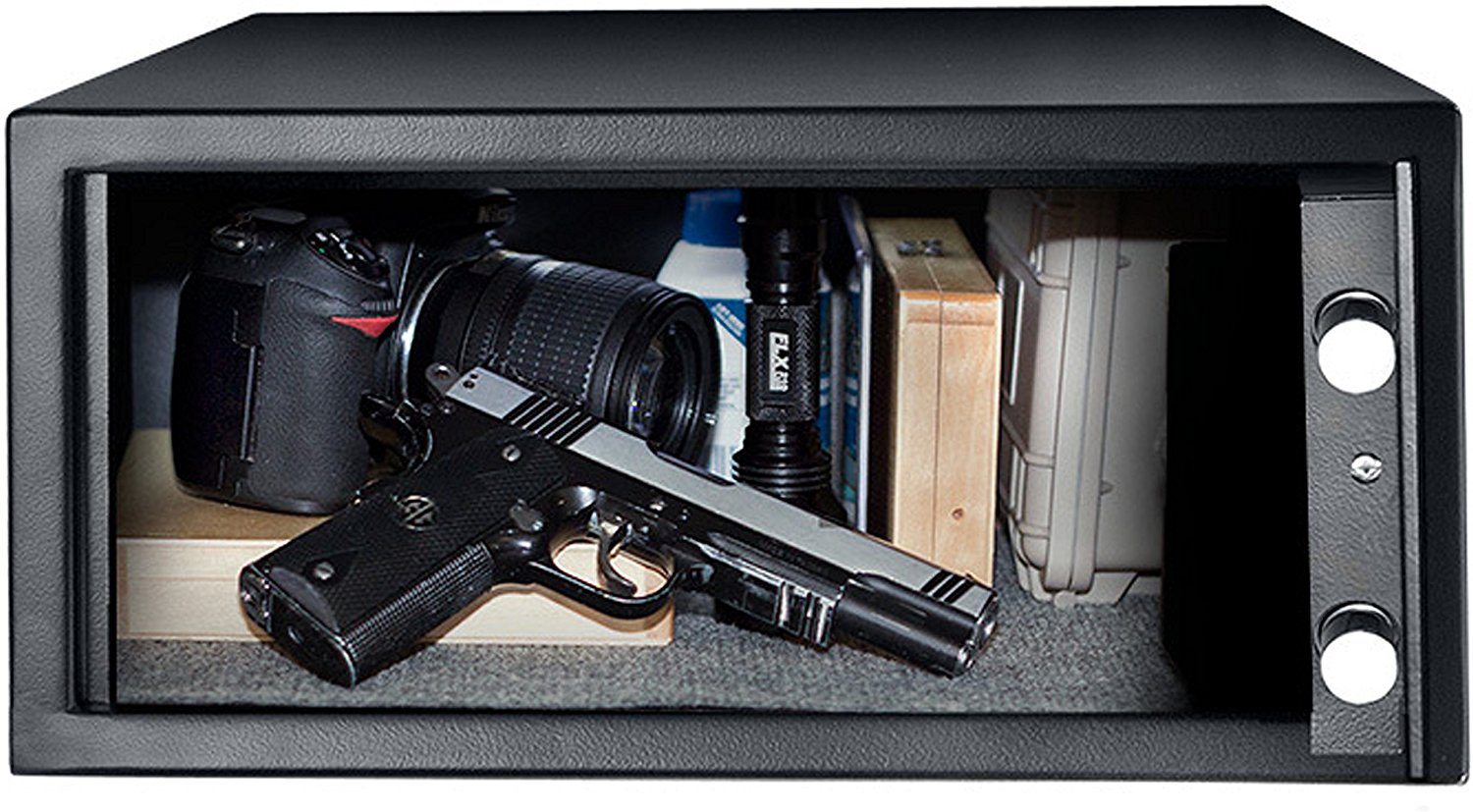Safe and Responsible Handgun Ownership: Tips and Insights
Key Takeaways
- Understanding the principles of handgun safety is crucial for all owners.
- Legal and ethical responsibilities come with handgun ownership.
- Training programs play a vital role in honing skills and ensuring safety.
Owning a handgun carries significant responsibility, blending the need for safety, legal awareness, and continuous education. A CT pistol permit class is an essential step for those aiming to earn their certifications. These classes provide foundational knowledge and skills essential for responsible handgun ownership. This article offers practical tips and insights to help both new and experienced handgun owners prioritize responsible practices, ensuring the safety of individuals and communities.
Understanding the principles of owning and using a handgun ethically and legally is vital. It not only involves knowing how to safely handle and store a firearm but also comprehending the broader implications of its use within society. Let’s delve into the basic principles, from staying updated with legal obligations to ensuring safety at home and in the community, all while considering the ethical implications of handgun ownership.
Handgun Safety Basics
The cornerstone of responsible gun ownership is safety. Adhering to basic safety principles is imperative for preventing accidents and ensuring that firearms are used correctly. This begins with always treating firearms as if they are loaded, a fundamental rule that minimizes mishaps. Handling firearms safely also involves keeping the muzzle pointed in a safe direction, away from people and animals, and ensuring that the gun is only loaded when ready to use. Maintaining awareness of these principles through routine checks and balances can greatly reduce the risk of accidental discharges and misfires. Comprehensive training ensures that these principles become second nature, reinforcing confidence and competence among gun owners. Every gun owner must be knowledgeable about it before getting a CT pistol permit.
Understanding Legal Responsibilities
Owning a handgun carries the obligation to comply with applicable laws, which can differ significantly depending on the state or local jurisdiction. It’s not only important but essential for a responsible gun owner to stay informed about local requirements and regulations. Legal obligations might include obtaining the necessary permits, adhering to carrying restrictions and understanding the regulations surrounding the storage and transportation of firearms. The NRA provides a wealth of resources for owners to remain informed and compliant across various regions. Through understanding and adherence to these laws, owners contribute to a safer community, reinforcing responsible ownership.
The Role of Ethics in Gun Ownership
Legal compliance is critical, but owners must also integrate ethics into their practices. Ethical gun ownership transcends legal obligations by encompassing responsible use that considers potential consequences on oneself and society. Recognizing when and where it is appropriate to wield a firearm is at the heart of ethical considerations. This means understanding the distinction between self-defense and unnecessary aggression, as well as ensuring decisions align with personal and societal moral values. By prioritizing ethical considerations, gun owners can actively contribute to a culture of responsibility and prudence within the gun-owning community, thereby establishing trust and assurance among the general public.
Importance of Regular Training
Regular training is paramount for ensuring both safety and proficiency in handling a handgun. Through consistent practice, gun owners enhance their skills, maintain readiness, and reaffirm safe handling procedures. Training also keeps owners informed about any updates to applicable regulations and the latest safety techniques, ensuring that they are adequately prepared for various scenarios. By learning and practicing these skills with regularity, owners mitigate the risks associated with infrequent or outdated knowledge, bolster their confidence, and improve their ability to respond effectively in high-pressure situations. Indeed, the commitment to regular training can make a substantial difference in fostering responsible and skilled firearm use.
Choosing a Training Program
When selecting a training program, several factors should be considered. A comprehensive curriculum is vital, encompassing both practical and theoretical components of handgun use. The expertise of the instructors is equally important; seeking out trainers with extensive experience and a solid teaching background can provide more nuanced insights into safe firearm handling. Finally, the learning environment should promote safety, simulated practice conditions, and collaborative learning among participants. Opting for a well-rounded training course equips individuals with the knowledge and skills to act responsibly, enhancing personal safety and contributing to community well-being.
Tactical Tips for Safe Handling
Several tactical considerations are essential for ensuring safe handgun use. Beginners and experienced users alike should adhere to key tips such as maintaining a proper grip on the firearm, using a stable stance and being acutely aware of one’s surroundings at all times. Additionally, regular maintenance and checks of the firearm can prevent mechanical failures during operation. Practicing these tactical tips during training sessions can increase confidence and competence, which, in turn, leads to safer usage in all scenarios. In essence, constant awareness and adherence to tactical principles play a crucial role in responsible and effective gun-handling practices.
Keeping Handguns Secure at Home
Effective home security is a fundamental aspect of responsible handgun ownership, preventing unauthorized access to firearms and reducing the risk of accidents or misuse. Utilizing gun safes, trigger locks, or secure cabinets ensures firearms are only accessible to authorized users. By incorporating these security measures, gun owners significantly mitigate the risks posed by curious children or potential intruders. Resources provided by organizations like Project ChildSafe are invaluable, offering guidance and solutions for securely storing firearms at home. Through stringent home security practices, responsible owners protect their households and support community safety.
Stay in touch to get more news & updates on Veri Fiedzine!






